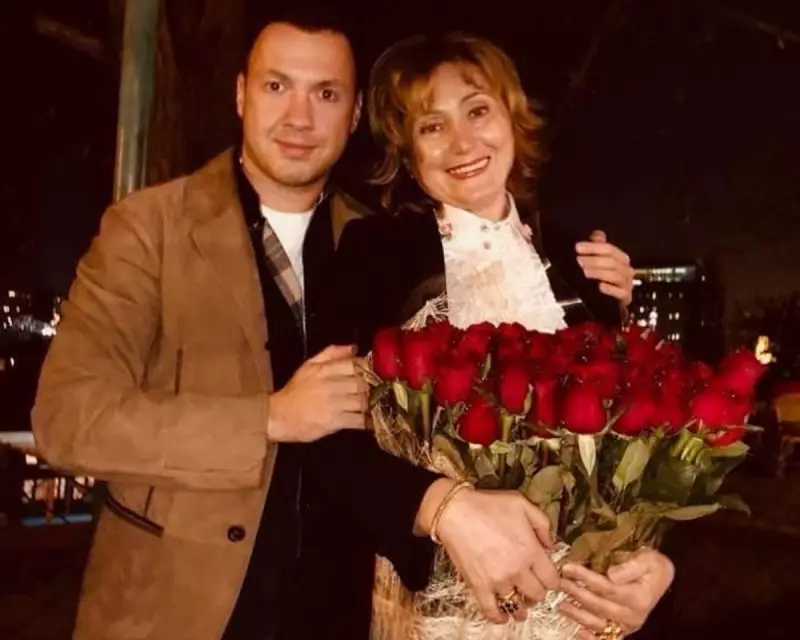
The mother of a former senior aide to Georgia's powerful de facto leader has made a shocking public appeal, claiming her son is being held as a 'personal prisoner' without formal charges or a trial date.
In a dramatic development that has sent ripples through the Caucasus nation's political landscape, Irma Nakaidze stated that her son, Vano Nakaidze, remains in detention despite a court order for his release. Nakaidze previously served as a close aide to Bidzina Ivanishvili, the billionaire former prime minister who continues to wield immense influence over Georgian politics.
A Mother's Public Desperation
Speaking out in a rare challenge to the authorities, Irma Nakaidze delivered an emotional plea. "They are not presenting any evidence against my son," she declared, portraying his detention as a personal act of power rather than a legitimate judicial process.
Her public intervention suggests a profound breakdown in the usual channels of justice and highlights the fears surrounding the treatment of those who were once within Ivanishvili's inner circle.
Between Politics and the Prison Cell
The case of Vano Nakaidze is more than a personal tragedy; it is a microcosm of Georgia's intense political strife. The nation has been gripped by widespread protests for months, with citizens demonstrating against a controversial 'foreign influence' law criticised by Western allies.
Critics of the ruling Georgian Dream party, founded by Ivanishvili, allege the country is sliding towards authoritarianism and away from its stated goal of European integration. The detention of a former insider under such opaque circumstances will likely fuel these concerns further.
International Ramifications
This allegation emerges at a critical juncture for Georgia. The European Union has frozen its membership candidacy, directly citing democratic backsliding and the government's crackdown on dissent.
A claim that an individual can be held as the personal prisoner of a powerful figure aligns precisely with the warnings issued by international observers and human rights organisations. It paints a picture of a justice system vulnerable to political manipulation, a charge the government vehemently denies.
As this story develops, it stands as a stark test for the rule of law in Georgia and a potent symbol of the deep divisions currently defining the nation's future.






